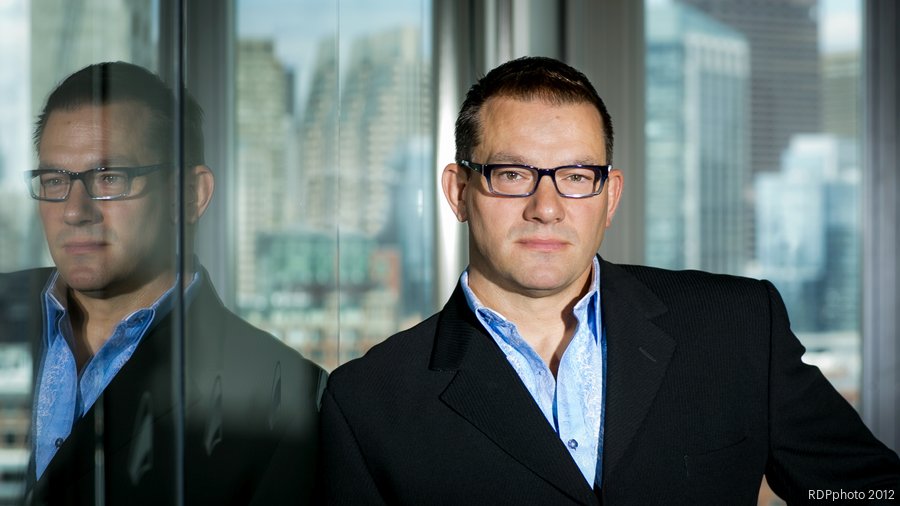A Boston company says that a trial of 535 patients with type 2 diabetes showed its tiny drug pump worked better in a head-to-head comparison with the leading once-a-day pill for the disease, Januvia, which generated more than $6 billion in revenue last year.
Intarcia, a privately-held firm based in the Seaport District, said the trial showed patients who had its tiny ITCA 650 implanted under their skin saw double the reduction in a type of hemoglobin tied to the disease after one year than patients taking Januvia, by Merck & Co. (NYSE: MRK). Intarica’s device also brought about four times the weight loss in patients — about nine pounds in a year versus two pounds.
The trial is one of several being conducted by the company as it seeks FDA approval of the device. The first two late-stage trials reported positive results in June. Pending the results of one more large trial, the company plans to file for approval in the first half of next year.
CEO Kurt Graves told me in an interview earlier this year that the purpose of the head-to-head trials against Januvia is to establish the ITCA 650 as the standard of care for the huge type 2 diabetes market, replacing Januvia and other drugs currently used. The pump is designed to be implanted under the skin once a year, and slowly release a drug that moderates blood sugar levels. The company believes that the drug will have a much better rate of compliance among patients as a result.
“The comparative data leaves little room for speculation about ITCA 650’s potential value in a chronic disease where more than half of all patients are not at the recommended glycemic goal and not adherent to therapy over time,” said Robert Henry, chief of endocrinology and metabolism and professor of medicine at the University of California, San Diego and an investigator in the trial.
Graves intends to have 250 employees at the Boston company by the end of the year, which has raised more than $1 billion in financing in the last five years.
